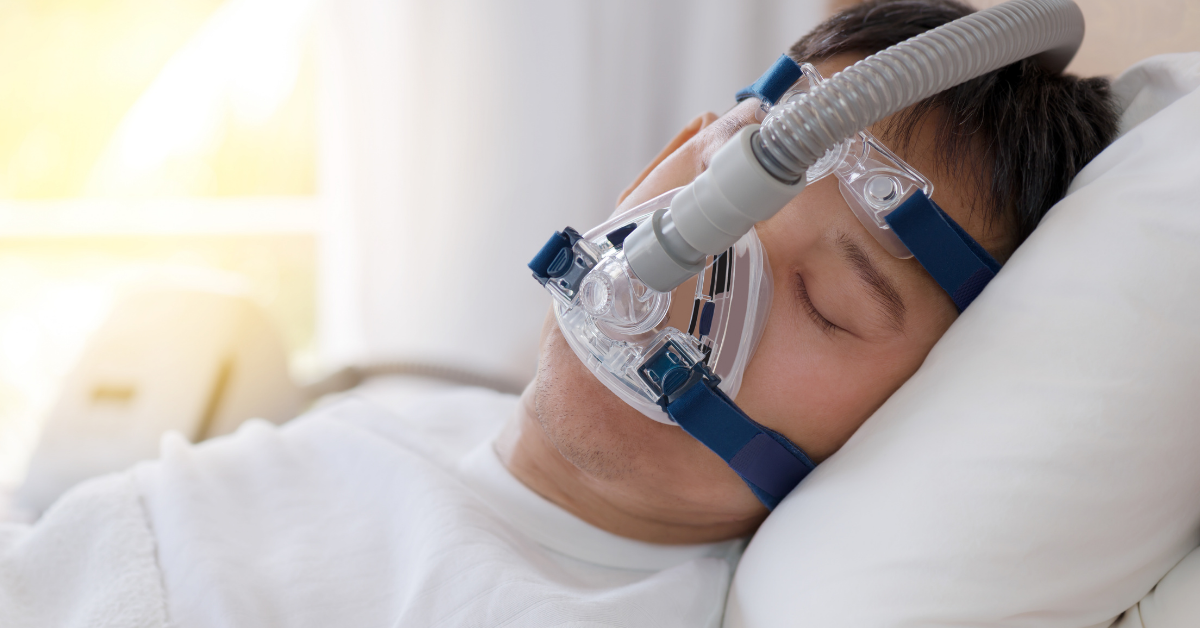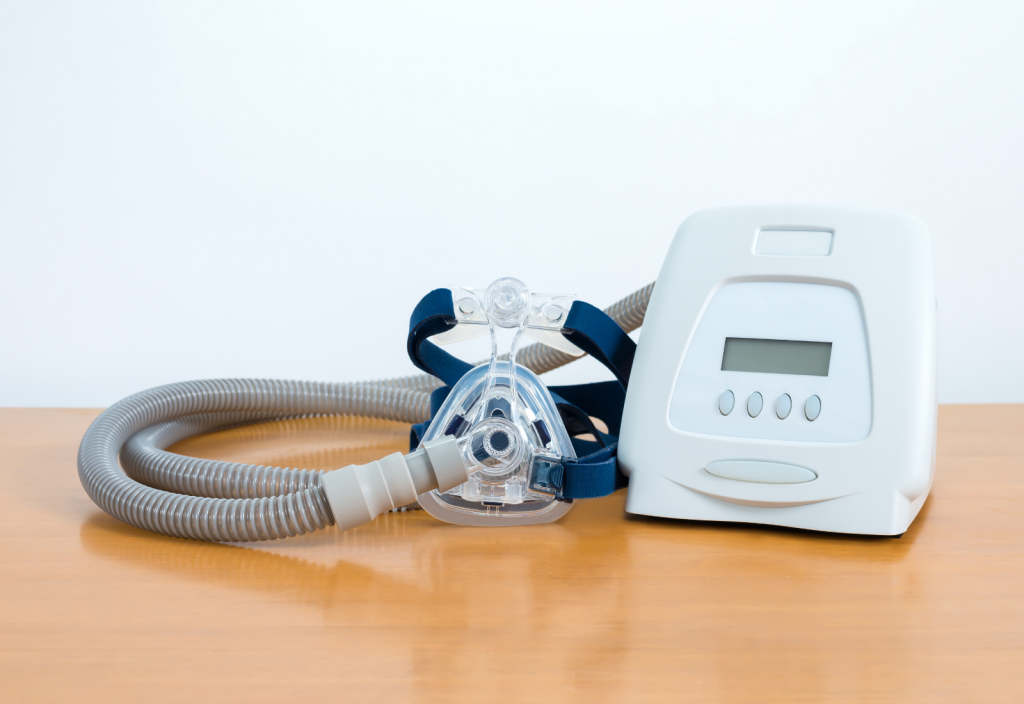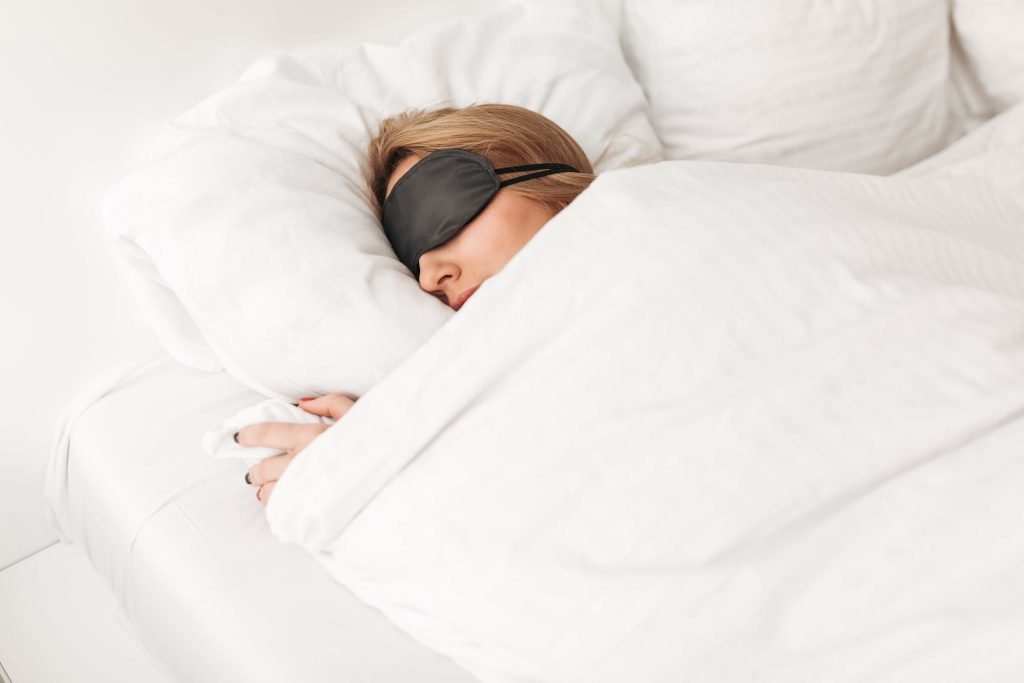Many patients may find CPAP machines to be challenging, especially when using it for the first time. These 10 CPAP machine tips will help you solve common challenges.
CPAP Machine Tips To Avoid Common Challenges
Continuous Positive Airway Pressure (CPAP) Therapy is an effective treatment for people with moderate to severe obstructive sleep apnea. This is often used at home. CPAP is said to be 100% effective in preventing the airway from collapsing or becoming blocked. This therapy is essential in avoiding complications such as heart problems, excessive daytime sleepiness and diabetes.
When using CPAP, it is important to set it up properly to make you feel comfortable and get a goodnight sleep. But just like any other machine, there are issues associated with the use of CPAP machines such as dry mouth, nosebleeds, leaky mask and a feeling of Claustrophobia or anxiety.
Fortunately, these all can be solved by choosing the best CPAP machine that would fit your needs and style. Check out the different types of CPAP masks here.
By following these 10 CPAP machine tips, we can help you stay comfortable with your treatment.
10 Common CPAP Challenges and what to do about them:
1.Wrong size or style of CPAP Mask
When it comes to the style and size of CPAP Mask, it’s important to work closely with your Doctor and supplier for you to know what’s best for you. You can choose from a range of CPAP Masks made to fit your needs.
If you prefer to breathe through your mouth and have the tendency to move around a lot in your sleep, it is more likely that your doctors and suppliers will recommend for you to use full face masks that cover your mouth and nose, with straps that stretch across your forehead and cheeks.
For those who are wearing glasses, nasal pillow masks that fit under your nose and straps that cover less of your face may work for you because some don’t block your eyes as much as full face masks do.
We also have a nasal mask, a cushioned mask that covers your whole nose area and is best for people who move around a lot during sleep. In choosing CPAP Masks, size is also important for you to feel comfortable. CPAP masks come with different sizes.
2.Trouble getting used to wearing the CPAP device
It’s a bit challenging to use CPAP for some people, especially for beginners. They may experience the feeling of discomfort and difficulty in falling asleep which is completely normal. It is recommended to wear a CPAP mask in a short period of time when you’re awake to let your body adjust.
3.Difficulty tolerating forced air
Difficulty tolerating pressurized air is just normal, especially during the first night of using the CPAP mask. It’s because our body will take some time to get used to it. You can immediately overcome it though by using a machine that has a ramp feature that allows you to start with low air pressure. If it doesn’t work, better consult your doctor or you may need to purchase a Bi-PAP or APAP machine.
Related: CPAP Vs BIPAP: What Is The Difference?
4.Dry, stuffy nose
It is very important to use a mask that fits you properly and comfortably. If you wake up with a dry, stuffy nose, this is an indication of a simple lack of humidification due to loose mask. It would be best to use a CPAP device that allows you to adjust the level of humidification and features a heated humidifier, which attaches to the air pressure machine. To ease the dryness of your nose, you can use a saline spray during bedtime.
5.Feeling claustrophobic
Claustrophobia is the fear of confined or enclosed spaces that may be triggered by many situations. For people who undergo CPAP therapy, it is normal for them to feel claustrophobic because the mask fits snug around their nose. This can be overcome by practising using the mask even if you’re awake then gradually let your body get used to having the mask on your face when you sleep or nap, do some relaxation exercises to help reduce anxiety related to CPAP use and if any of these still doesn’t work, consult your doctor and try using different size and style of mask.
6.Skin Irritation or pressure sores
Improper fitting or improperly positioned mask, wrong mask size and wearing of CPAP mask too tight are common causes of skin irritation or nose sores for most people. These can be solved by using a mask that would fit the size of your face, repositioning your mask and adjusting the pads and straps to have a better fitting and most importantly, consulting your doctor about the available options.
7.Difficulty falling asleep
Difficulty falling asleep or staying asleep is just normal especially during the first night of using a CPAP machine, simply because your body is still not adjusted to it. Wearing your CPAP mask during the day will eventually help your body get used to how it feels and will surely let you get better sleep during the night. Maintaining a healthy sleep routine will be helpful as well.
8.Dry mouth
Breathing pressurised air, mask leak and being a mouth breather are the main causes of a dry mouth. Purchasing a CPAP machine with a humidifier which will add moisture to the air is the best solution to this.
9.Unintentionally removing the CPAP mask during the night
When you’re moving a lot during sleep, you’re more likely to remove your CPAP mask unintentionally. Ensuring that you have properly strapped the mask to keep it on your face and adding a CPAP-heated humidifier may help solve this problem.
10.Machine noise
There are possible reasons why your CPAP device has a bothersome noise. First, your device air filter is blocked, second, your CPAP motor is wearing out due to long time use and lastly, you haven’t replaced your CPAP supplies. These can all be resolved by cleaning your CPAP regularly, changing or replacing your machine with a new one every 3-5 years and replacing your CPAP supplies regularly.
Time and patience is a key to success
Undergoing CPAP Therapy is never easy. You will surely encounter problems that will make you want to just quit. In times like that, you need to motivate yourself by thinking that every problem has a solution.
It would be best as well for you to consult your doctor to provide you with a clear idea of what’s best for you.
Remember, being persistent and patient is a key to a successful CPAP Therapy.









